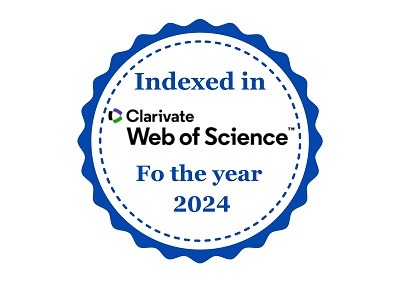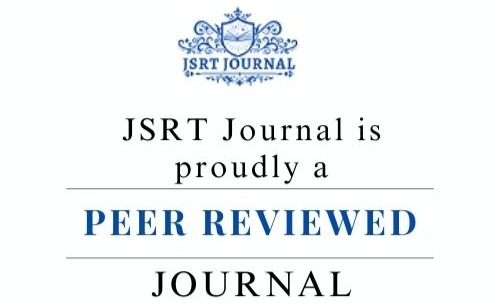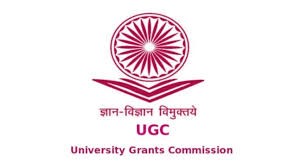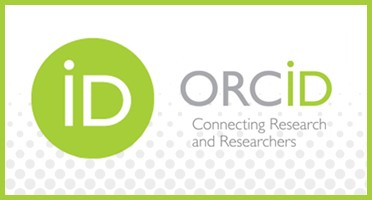UNICEF – Strategy For Water, Sanitation And Hygiene (Wash)
DOI:
https://doi.org/10.61808/jsrt278Keywords:
Health, hygiene, sanitation, UNICEF, water and WASHAbstract
This paper was done to explore the impact of water treatment, hygiene, and sanitary interventions on improving child health outcomes such as absenteeism, infections, knowledge, attitudes, and practices and adoption of point-of-use water treatment. Focusing on the effects of access to safe water, hand washing facilities, and hygiene education among school-age children. Studies included were those that documented the provision of water and sanitation in schools for children less than 18 years of age, interventions which assessed WASH practices. Further research is required to assess the long-term impact of such interventions in different settings.The review concluded that the importance of access to safe water, hand washing facilities, and hygiene education cannot be underscored in abating water-borne illnesses, malnutrition, school absenteeism, and generally improving the quality of life and learning performance in children.











